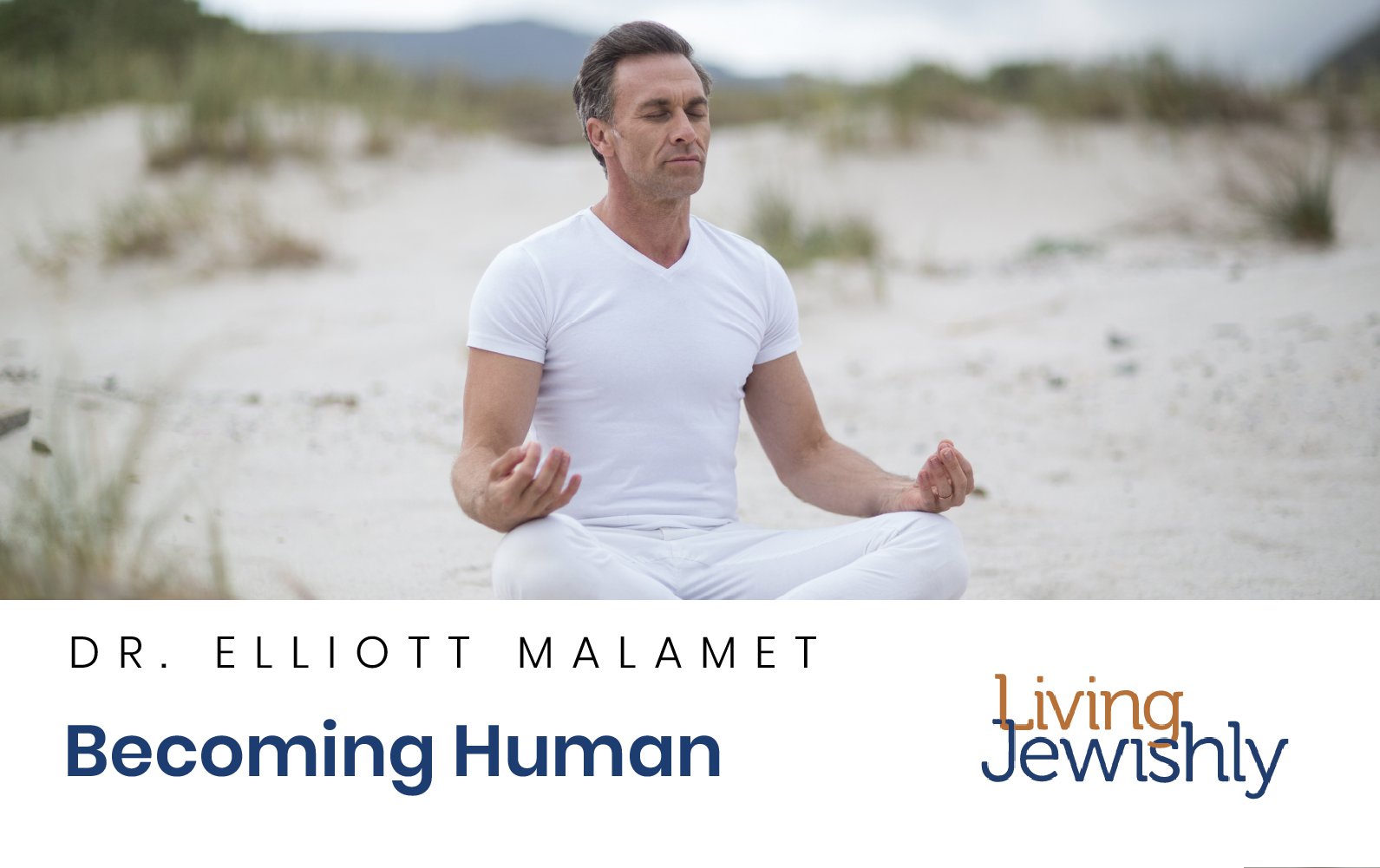The central prayer of Rosh Hashana, Unetaneh Tokef, is known for its plain existential musing about the year to come: “Who shall live and who shall die?” The verses allude to medieval versions of a bad death,“Who by a wild beast and who by the sword?”but also to disasters that presage the era of climate change: “Who by fire and who by water?” And the whole litany of misfortune was recast by Leonard Cohen in his 1974 tribute to include the wasteful neglect of contemporary drug culture: “Who by her lonely slip, who by barbiturate…Who by avalanche, who by powder.”
But the poem is less about death and more about the urgency required to confront time passing. All one needs to understand the title of the prayer is check the front of a credit card or a carton of milk. In Hebrew the word for an expiry date is “tokef.” The prayer’s real goal is not the sensationalism of a shocking exit, but the mundanity of a life wasted in search of ephemeral trinkets.
Rosh Hashana and Yom Kippur are Judaism’s riskiest days of the calendar, a religious version of a highwire act. The liturgy alludes to an existence built on sand that may slip through our fingers without warning, and rituals such as the plaintive cry of the shofar on Rosh Hashana and fasting on Yom Kippur symbolize the abyss of our potential demise at any moment. But the trick here is to foment buoyancy and not depression, by using these images to energize and motivate us to move forward meaningfully as opposed to surrendering to despair.
Right at the end of the prayer, as the clock is about to strike midnight on our fated existence, Unetaneh Tokef throws out a rope for the drowning in its closing words:
“Repentance, Prayer and Charity make the evil of the decree pass.”
What can such an eleventh hour assurance of salvation truly mean? Surely not that the bad things that happen to all of us are just an illusion, and that life is a fairy tale that can be brought to the silver screen through some religious potions like prayer and the distribution of alms. As much as we’d like to believe otherwise, we all know that this promise is untrue and in fact dangerous, leading to oceans of disappointment and bewilderment.
In order to perceive the deeper meaning of the prayer’s conclusion, it is helpful to track a fundamental change that the author of this poem made from earlier source texts. Two thousand years ago in Palestine, the formulator of the original language seemed intent on presenting a magic carpet ride, where mitzvot cut through mortality like a light sabre. He writes: “Three things cancel/annul the evil decree.”
That ancient writer endowed us with the remarkable power to change the mind of God. Perform certain acts and watch your death sentence get ripped up in a cosmic shredder. Note, however, that the medieval author of Unetaneh Tokef calmly inverts the key sentence to reflect reality as it really is. “The evil decree” itself (death at our doorstep), is never really cancelled, but the “evil of the decree,” that is, its power to undermine our faith in the future and wreck our souls, can be made to pass if we can bring our hearts to recognize that every moment is precious and constitutes a new beginning.
What is it about these three activities that can help us endure the rain that will fall, at times unceasingly, in the midst of our plans and dreams? Eylon Aslan- Levy argues convincingly for the potential of these specific mitzvot: “Through prayer, we cultivate faculties for thoughtful reflection and sincere introspection, for patience and magnanimity. Through repentance, we learn from our mistakes and steady ourselves not to repeat them, developing an instinctive grasp for how to respond when things go wrong. And through charity, we inculcate in ourselves an ability to let go, and a willingness not to be perpetually preoccupied with gain.”
Whether it is with respect to Emily Dickinson’s almost genteel description, “Because I could not stop for death – He kindly stopped for me,” or Samuel Beckett’s inescapable bleakness—“They give birth astride of a grave, the light gleams an instant, then it’s night once more”—the author of our prayer does not deny, not for an instant, what is ultimately coming for us all. But he gently leads us back to the only thing in this world over which we have any agency, which is how we react to what befalls us, our ability to fashion, each and every day, a philosophy which intuits that all things must pass.
Only in this confrontation with our own impending departure can our true humanity be born. That is the essence of what make us unique in the animal kingdom, as Ernest Becker notes in his classic The Denial of Death: “The lower animals live in a world without time… Knowledge of death is reflective and conceptual, and animals are spared it. They live and they disappear with the same thoughtlessness: a few minutes of fear, a few seconds of anguish, and it is over. But to live a whole lifetime with the fate of death haunting one’s dreams and even the most sun-filled days—that’s something else…”
Unetaneh Tokef leans into this thought rather than runs away from it, and persuades us to put aside, if only briefly, our reflexive denials and try on a conscious awareness of death as the key to resurrecting our lives. In fully embracing the contingency of our time on earth, Rosh Hashana allows us to fully inhabit our situations, to stop wasting time on that which is beneath us, to put aside our petty squabbles and repetitive and unfounded fears and begin to the live the life we were meant to live, to take our first halting steps, fully and joyously, towards becoming human.


Thank you, Elliott. I am sure this will help many people find the liturgy more relevant and meaningful.